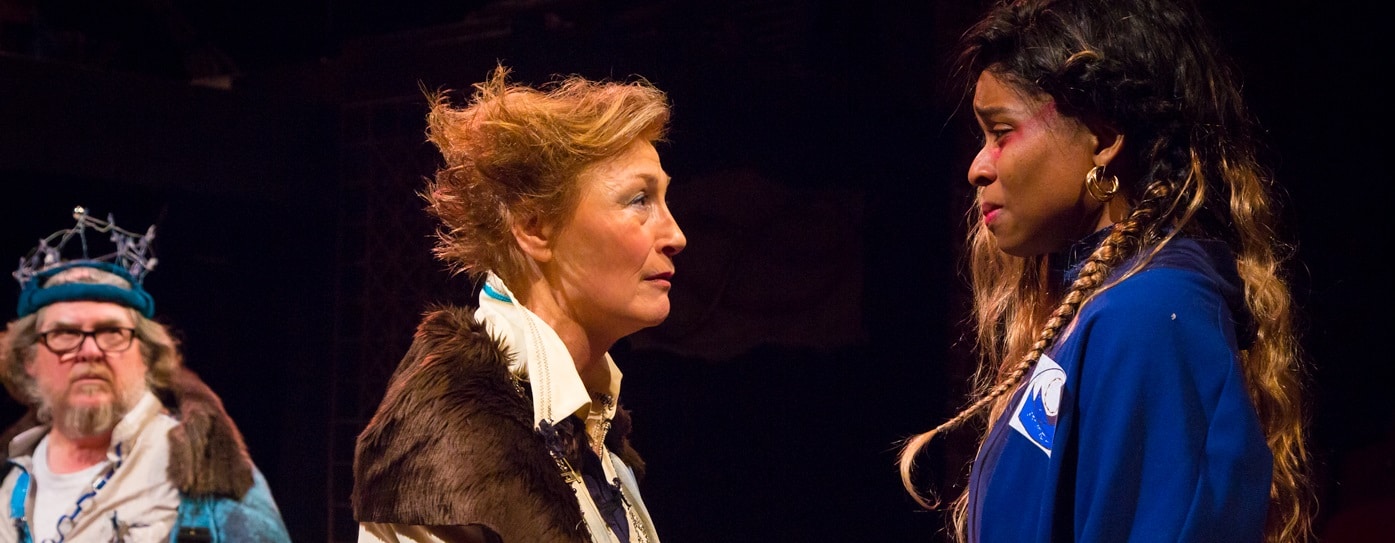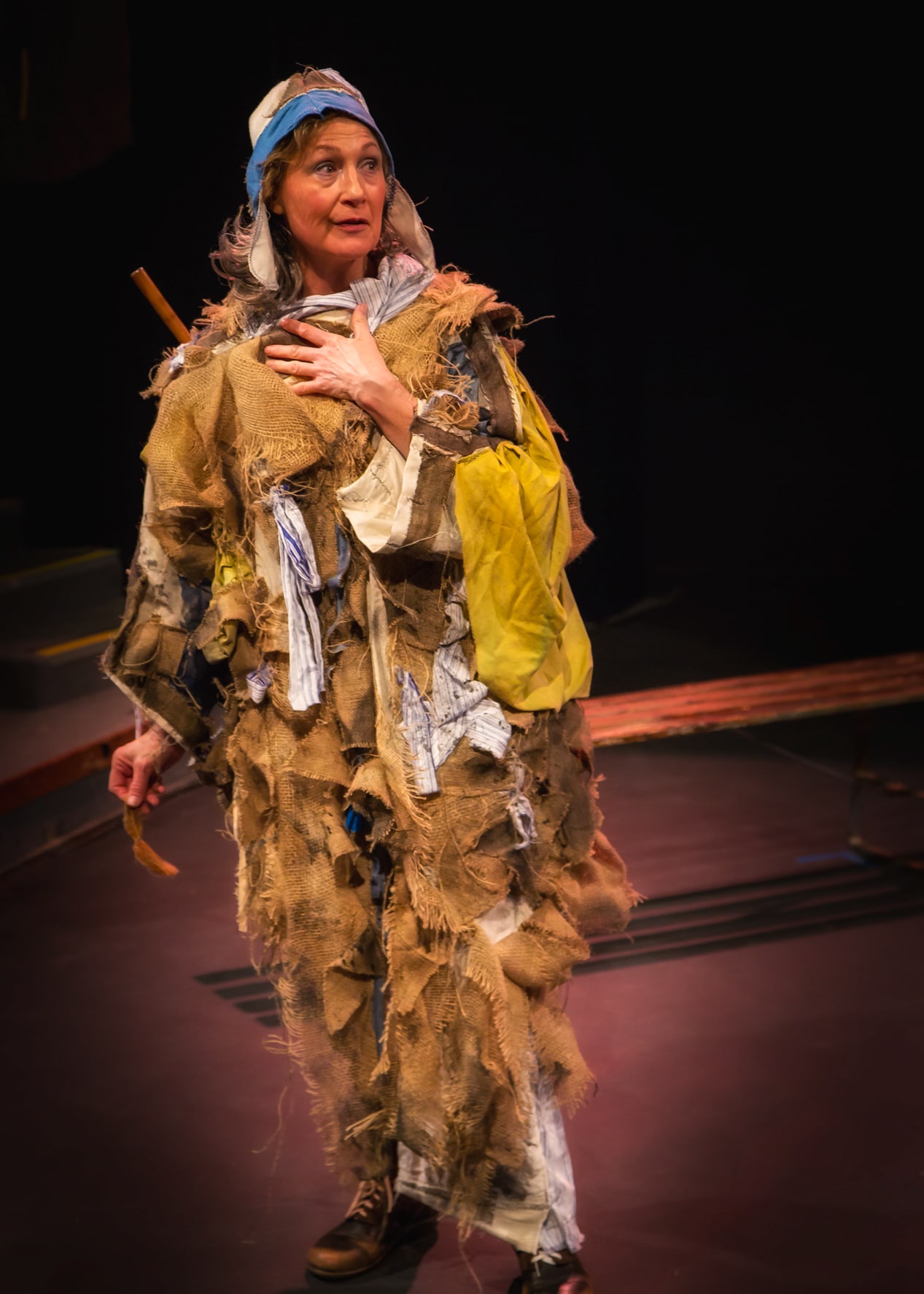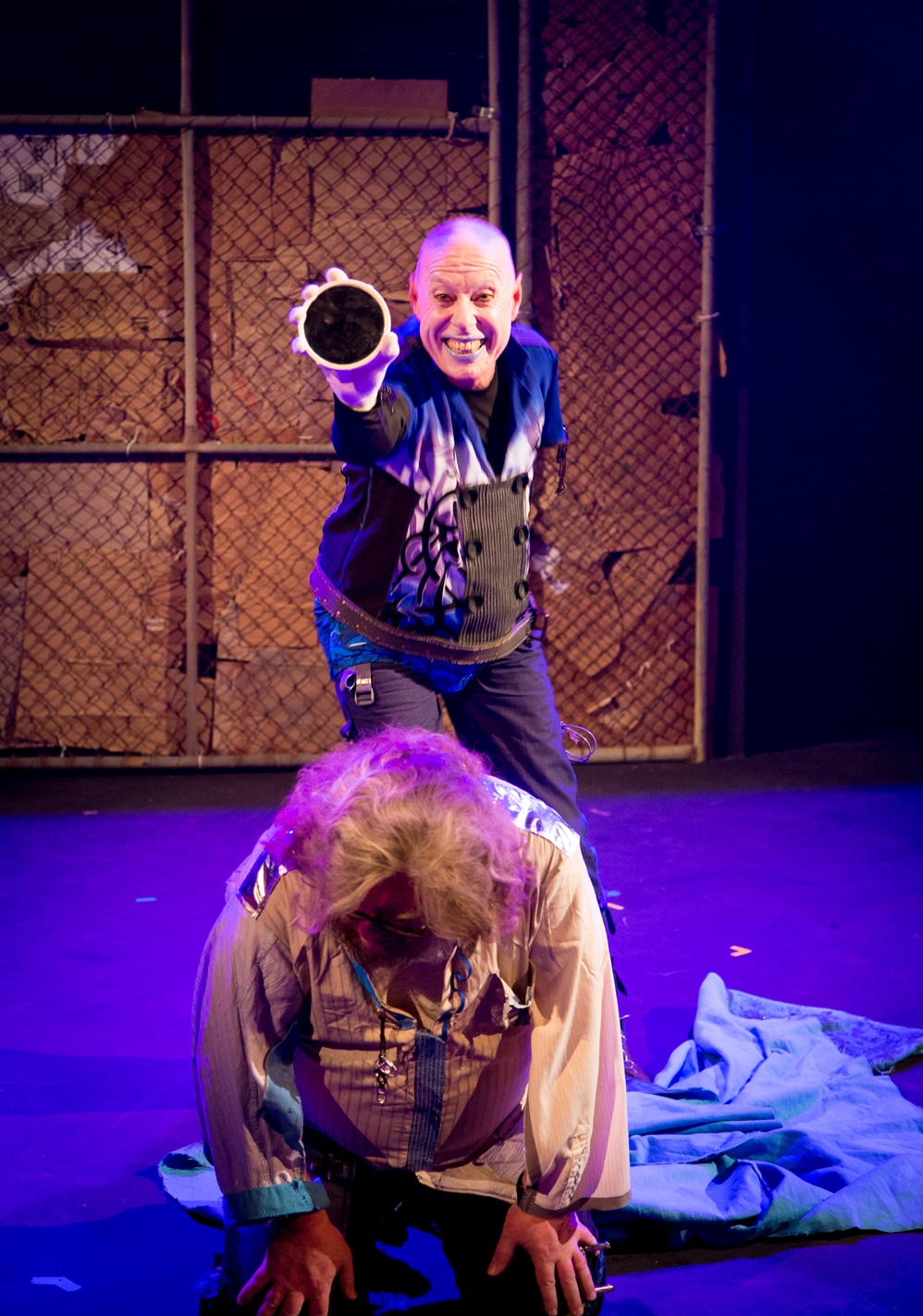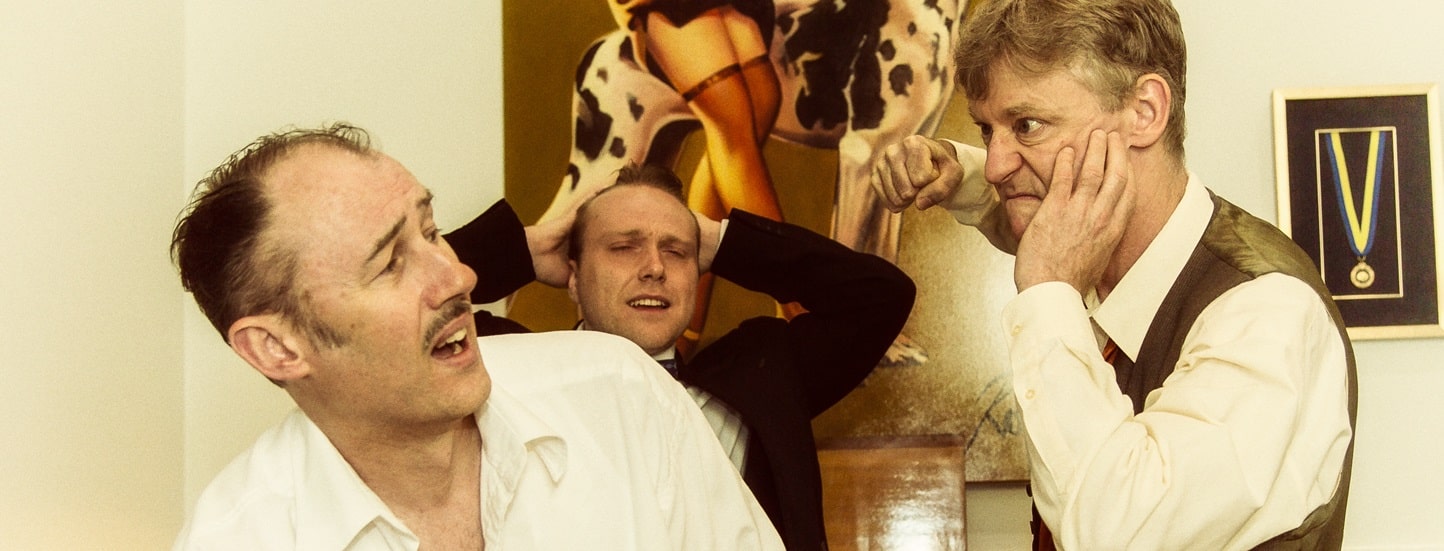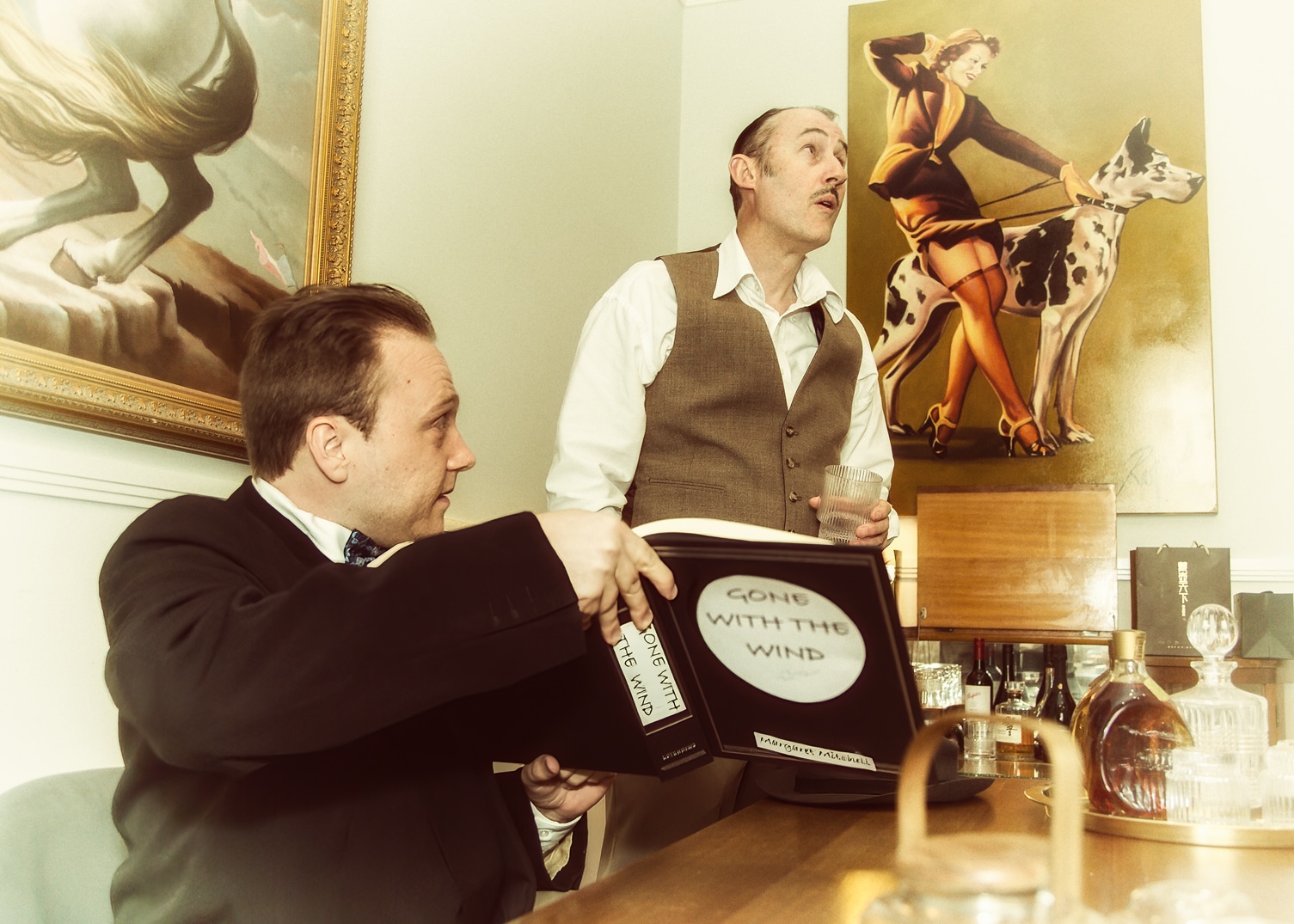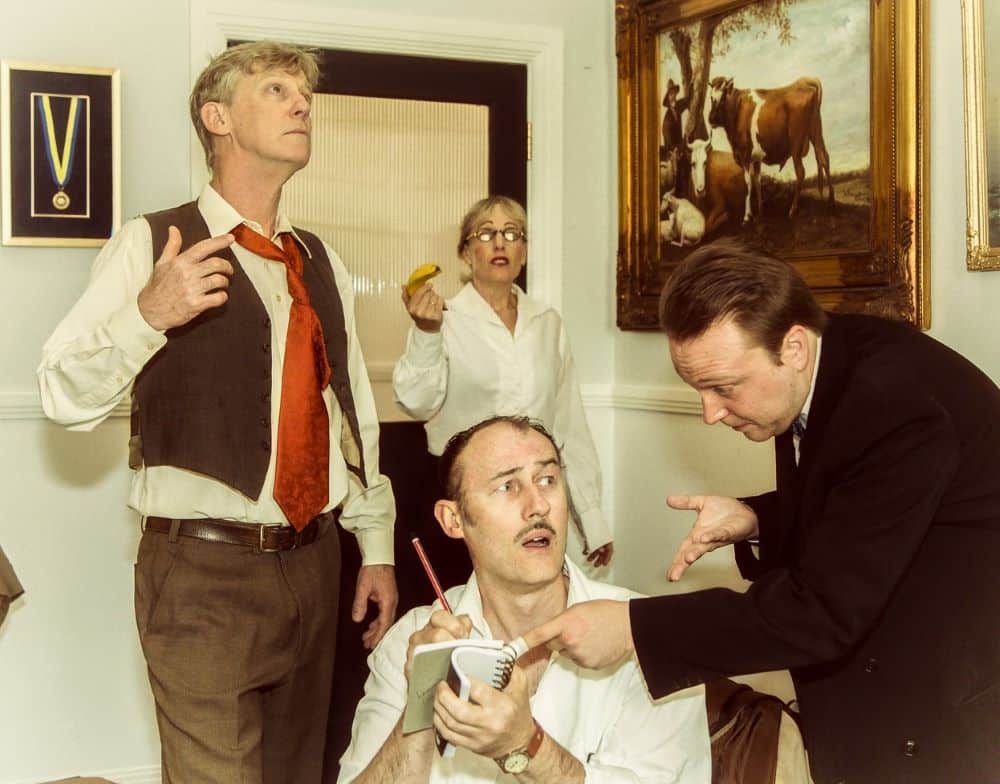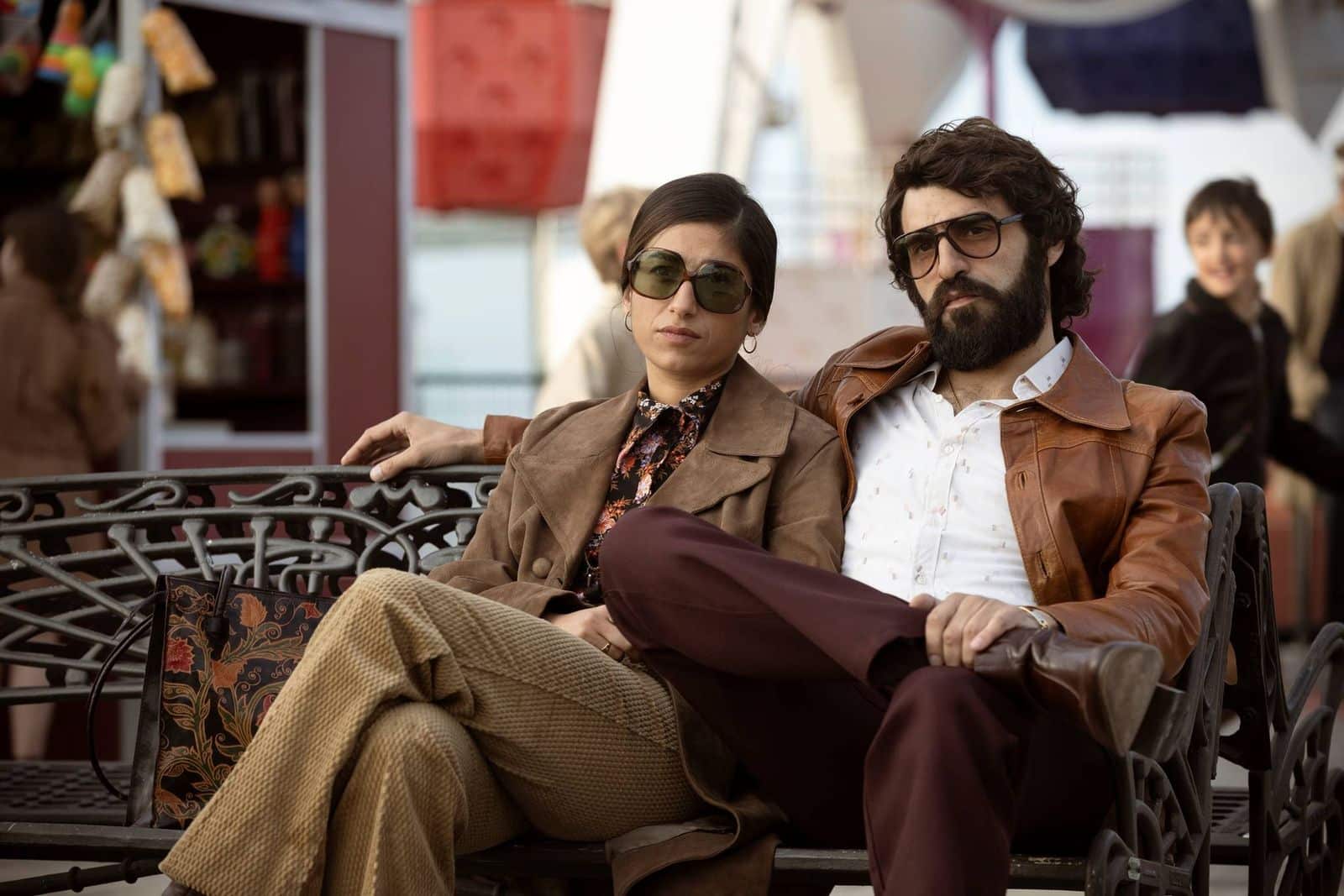The CRAM Collective’s latest production of FAG/STAG is a winner! (CRAM stands for Create, Revise, Augment and Merge). They are a comparatively young company in every sense of the word and definitely a company to watch. Focussing on film and live theatre, they are developing a dedicated following, as indicated by the full house I attended and other full houses during the season.
FAG/STAG – “This rare breed of heterosexual human male enjoys the company of homosexual human males in preference to or en liu of, perhaps selectively, other heterosexual males.” – Urban Dictionary
This production explores what it means to have a best mate when you’re stuck being your worst self.
It features Corgan and Jimmy who are BFFs. Their lives are filled by Tinder, Grindr, white lies, big nights and too many pints. Lawn bowls, Donkey Kong, wiping vomit into the shower drain. Unanswered texts, bad sex, moving back in with Mum and Dad. In the month preceding the wedding of Corgan’s ex-girlfriend the two struggle to get their life in gear enough to even hire a suit.
The Howling Owl is a unique venue, right in the middle of the CBD and the home of Adelaide’s Premiere Gin Den as a bonus, this boutique theatre is the perfect setting for an up close and personal glimpse into the lives of two very different young men at an age when youth is beginning to diminish, and the realisation of adulthood is creeping in.
Jeffrey Jay Fowler and Chris Isaacs have crafted an extremely incisive script which is sure to resonate with young adults and those of us who can remember when we were that age.
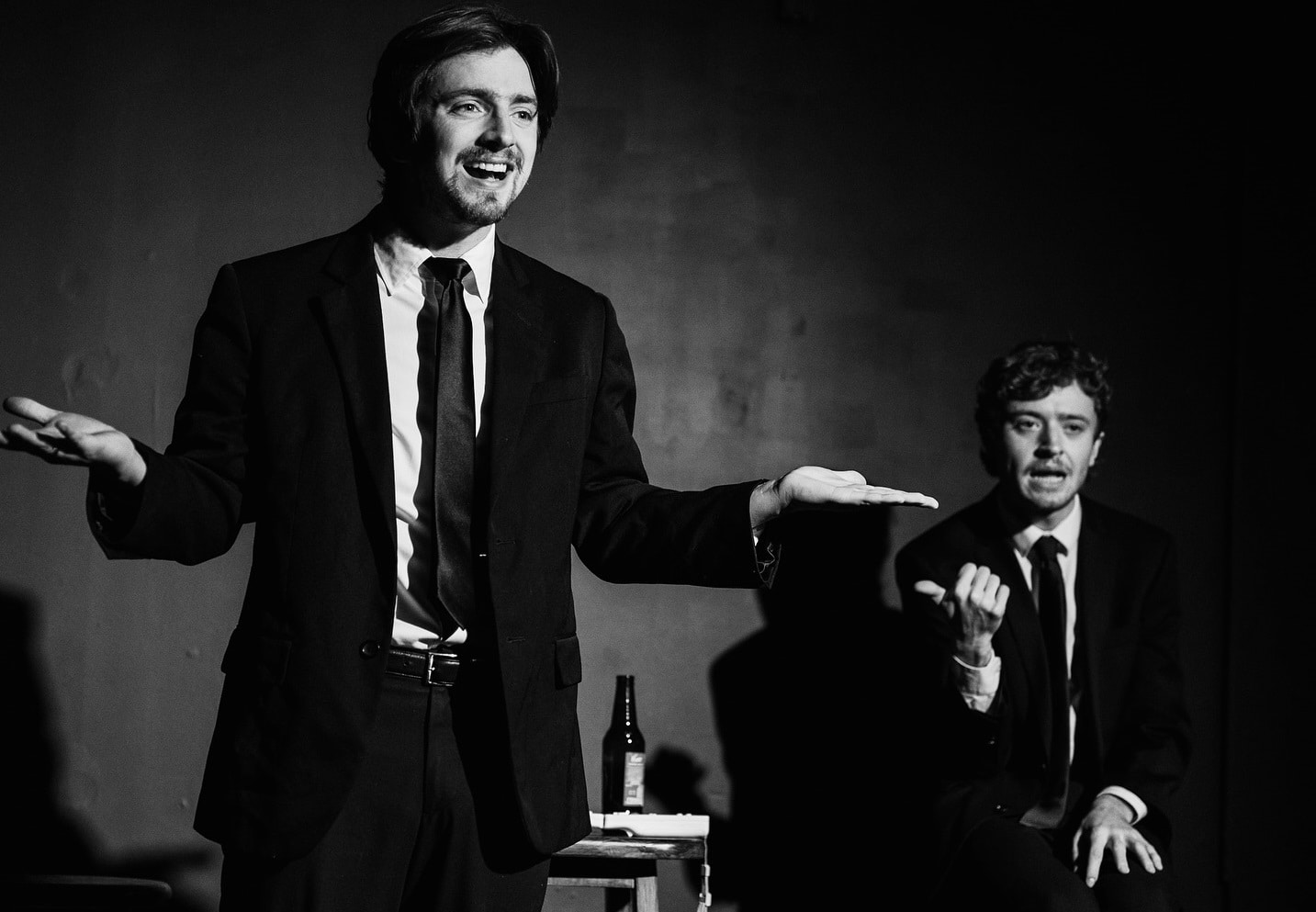
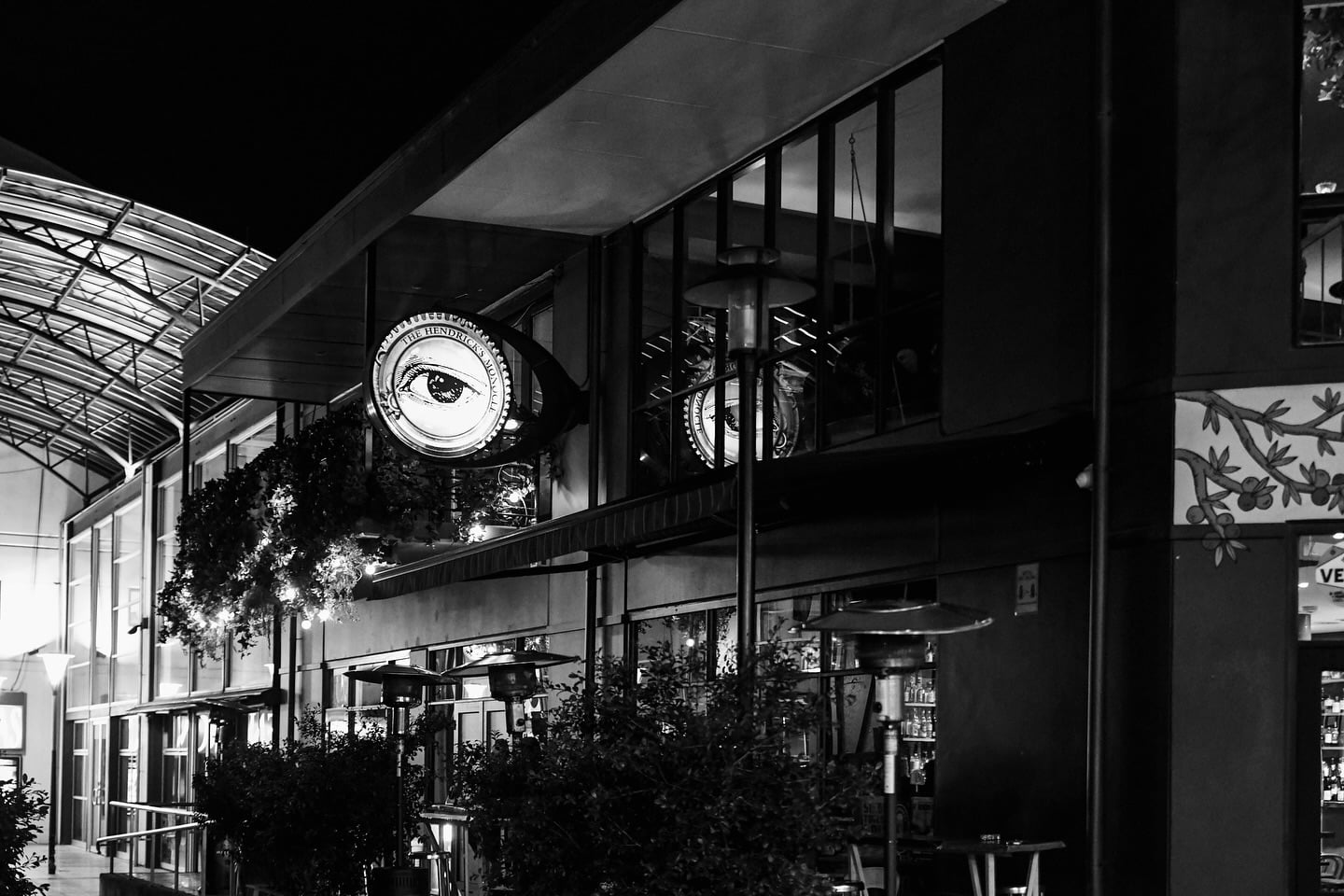
Connor Reidy’s direction gives us an intimate look at the lives of two men whose bond is their friendship. Together with his cast and creatives he has focussed on their inner thoughts (voiced to the audience). Using 3 stools, a couple of bottles of beer and two Nintendo handsets, his direction takes us to the highs and lows of friendship especially when complicated by sexual orientation. The play also deals with the confronting topics of self-harm and drug use.
Reidy’s direction is supported by Antoine Jelk’s creative sound design linking the scenes, and Aaron Herczeg’s atmospheric lighting which perfectly sets the mood.
Henry Cooper and Connor Pullinger inhabit their characters of Corgan and Jimmy. They are totally believable and relatable to the audience. United by their love of Donkey Kong and friendship, they pour out their souls to us, the audience. They show us the good, bad, and ugly sides of friendship while drawing us into their lives.
I particularly enjoyed Jimmy’s love/hate relationship with his ‘ex’ and the melon air freshener in his car that serves as a reminder of their time together. I also enjoyed Corgan’s addiction to Tinder and his ‘swipe right’ girls, and the acceptance of his friend’s sexuality.
Both the actors give highly polished, emotional performances that begin as stand up but quickly dive deep into inner thoughts and feelings taking us on a wild ride!
FAG/STAG is sixty minutes packed with laughs, sighs and maybe some tears, that will leave you questioning relationship with your BFFs and your role in making these friendships meaningful and lasting! Bravo CRAM Collective!
The season is short and some sessions are already sold out. For remaining tickets, book quickly @ https://www.thecramcollective.com/

